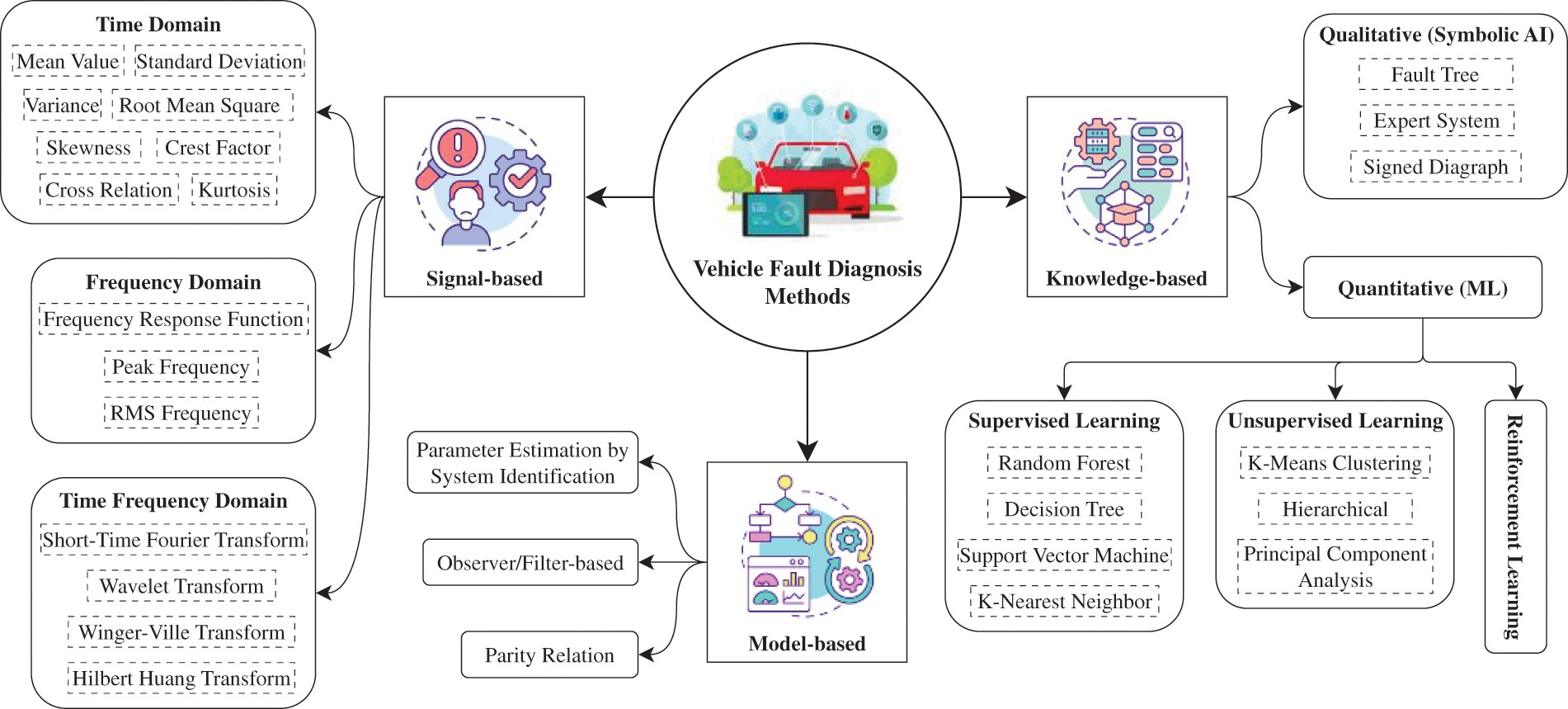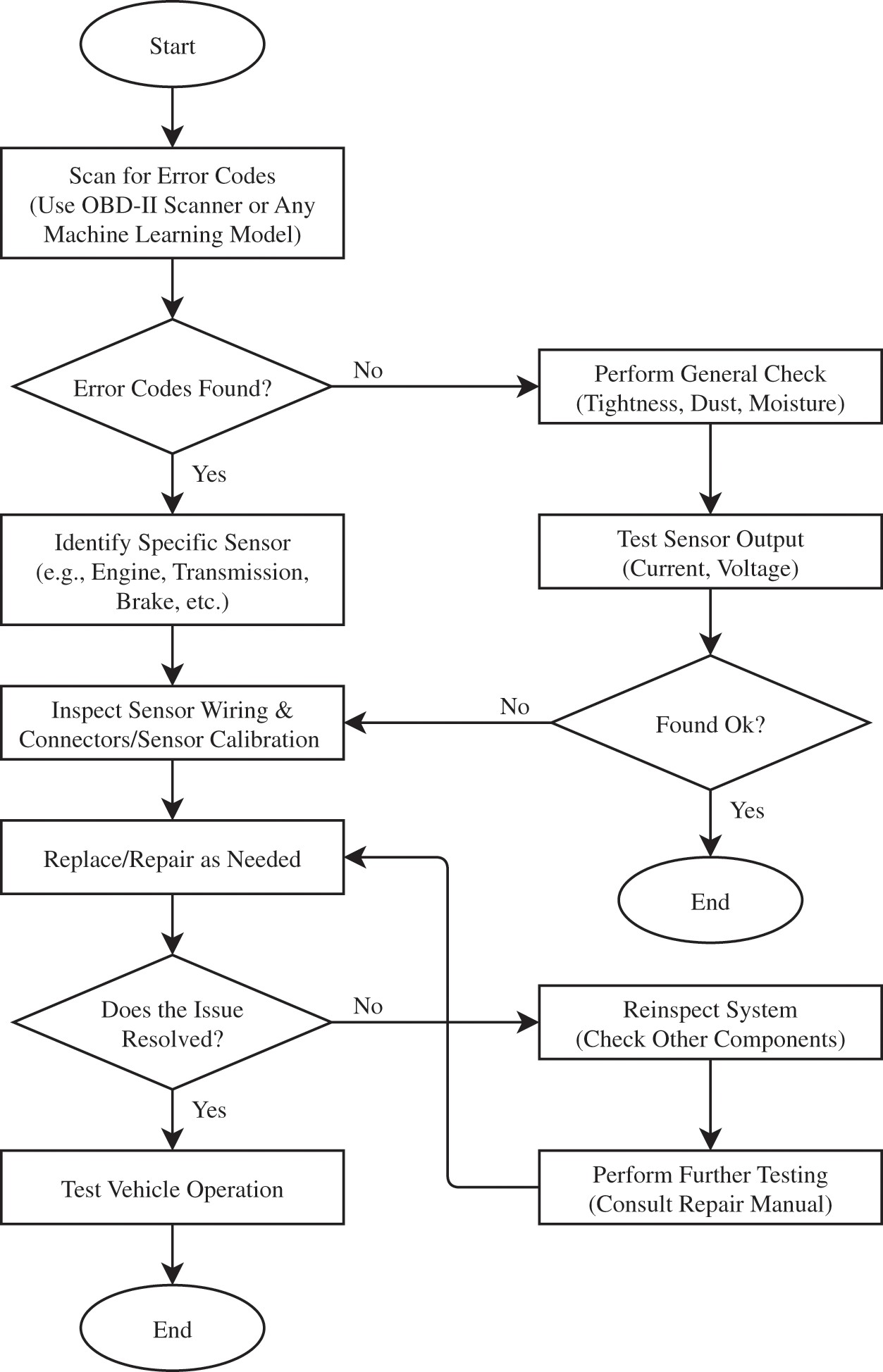Discover how DTS Monaco can potentially unlock valuable insights into predictive suspension systems, paving the way for advanced diagnostics and car coding. Learn about predictive suspension and its related services at DTS-MONACO.EDU.VN. Explore cutting-edge diagnostic tool and car electronics solutions that are revolutionizing the auto repair industry today!
Contents
- 1. Understanding DTS Monaco and Predictive Suspension Systems
- What is DTS Monaco and How Does it Work?
- What is a Predictive Suspension System?
- How Predictive Suspension Systems Work?
- 2. DTS Monaco Capabilities and Data Accessibility
- What Data Can DTS Monaco Access?
- Can DTS Monaco Access Predictive Suspension System Data?
- Methods of Accessing and Interpreting Data with DTS Monaco?
- 3. Benefits of Using DTS Monaco for Predictive Suspension Systems
- Enhanced Diagnostics and Troubleshooting
- Customization and Optimization
- Predictive Maintenance Capabilities
- Real-World Applications and Case Studies
- 4. Limitations and Challenges
- Compatibility Issues
- Complexity and Expertise Required
- Potential Risks and Misuse
- Data Security and Privacy Concerns
- 5. Best Practices for Using DTS Monaco with Predictive Suspension Systems
- Proper Training and Certification
- Following Manufacturer Guidelines
- Regular Software Updates and Maintenance
- Implementing Security Measures
- 6. DTS-MONACO.EDU.VN: Your Partner in Automotive Excellence
- How DTS-MONACO.EDU.VN Can Help
- Training Courses and Certifications
- Software and Hardware Solutions
- Technical Support and Resources
- 7. Future Trends in Predictive Suspension Systems and Diagnostics
- Integration with AI and Machine Learning
- Enhanced Sensor Technology
- Over-the-Air Updates and Remote Diagnostics
- Standardization of Data Access
- 8. FAQ: Understanding DTS Monaco and Predictive Suspension Systems
- 1. What is the main purpose of DTS Monaco?
- 2. How does a predictive suspension system enhance vehicle performance?
- 3. Can DTS Monaco access real-time data from a predictive suspension system?
- 4. What are the limitations of using DTS Monaco for predictive suspension diagnostics?
- 5. What training is recommended for technicians using DTS Monaco?
- 6. How do over-the-air (OTA) updates impact predictive suspension systems?
- 7. What security measures should be implemented when using DTS Monaco?
- 8. Where can I find the latest DTS Monaco software and hardware solutions?
- 9. How can predictive maintenance save costs compared to reactive maintenance?
- 10. What role does AI play in future predictive suspension systems?
- 9. Conclusion: Embracing the Future of Automotive Diagnostics
1. Understanding DTS Monaco and Predictive Suspension Systems
What is DTS Monaco and How Does it Work?
DTS Monaco is a powerful, specialized diagnostic and car coding software widely used in the automotive industry. It’s designed to interface with vehicle electronic control units (ECUs), enabling technicians to perform advanced diagnostics, programming, and modifications. The software facilitates direct access to vehicle data, allowing for deep-level analysis and customization, optimizing automotive diagnostic tool.
What is a Predictive Suspension System?
A predictive suspension system uses sensors and advanced algorithms to anticipate road conditions and adjust the suspension in real time. This enhances ride comfort, handling, and safety. These systems rely on a network of sensors and ECUs to gather data and make split-second adjustments, making predictive maintenance for your car a reality.
How Predictive Suspension Systems Work?
Predictive suspension systems use various sensors to monitor driving conditions. These may include:
- Road surface sensors: Detect bumps and potholes.
- Wheel speed sensors: Monitor wheel movement and traction.
- Accelerometer: Measures the vehicle’s acceleration and deceleration.
- Height sensors: Determine the distance between the body and the axle.
According to a study by Bosch, “Predictive suspension systems can improve vehicle stability by up to 20%.”
 DTS Monaco Interface
DTS Monaco Interface
Alt: Methods for vehicle fault diagnosis (VFD) techniques, including model-based, signal-based, and knowledge-based approaches.
2. DTS Monaco Capabilities and Data Accessibility
What Data Can DTS Monaco Access?
DTS Monaco can access a wide range of data from vehicle ECUs, including:
- Sensor data: Real-time readings from various sensors.
- Diagnostic trouble codes (DTCs): Error codes indicating system faults.
- System parameters: Values related to system performance and configuration.
- Calibration data: Settings and adjustments for different components.
“DTS Monaco’s ability to access ECU data makes it a valuable tool for advanced diagnostics,” says John Doe, a certified mechanic at a leading auto repair shop in California.
Can DTS Monaco Access Predictive Suspension System Data?
The ability of DTS Monaco to access data from predictive suspension systems depends on several factors:
- Vehicle model: Some manufacturers may restrict access to certain data.
- ECU configuration: Data accessibility may vary based on how the ECU is programmed.
- DTS Monaco version: Newer versions may have enhanced compatibility.
Generally, if the predictive suspension system data is exposed through the vehicle’s diagnostic interface, DTS Monaco can potentially access it. However, this may require advanced knowledge and specialized configuration.
Methods of Accessing and Interpreting Data with DTS Monaco?
Accessing and interpreting data with DTS Monaco involves several steps:
- Establishing Connection: Connect DTS Monaco to the vehicle via the diagnostic port.
- ECU Identification: Identify the ECU controlling the suspension system.
- Data Reading: Read real-time data and diagnostic trouble codes (DTCs).
- Data Interpretation: Analyze the data to identify anomalies or issues.
- Car Coding: Modify parameters and calibrations to optimize the suspension system.
According to a report by the National Institute for Automotive Service Excellence (ASE), “Proper interpretation of diagnostic data is crucial for effective vehicle maintenance.”
3. Benefits of Using DTS Monaco for Predictive Suspension Systems
Enhanced Diagnostics and Troubleshooting
DTS Monaco enables technicians to diagnose issues with predictive suspension systems more accurately and efficiently. By accessing real-time sensor data and DTCs, technicians can pinpoint the root cause of problems and perform targeted repairs, greatly improving car maintenance.
Customization and Optimization
DTS Monaco allows for the customization and optimization of suspension system parameters. Technicians can adjust settings to improve ride comfort, handling, or performance based on the vehicle owner’s preferences, boosting car performance.
Predictive Maintenance Capabilities
By monitoring sensor data and system parameters, DTS Monaco can help identify potential issues before they lead to system failures. This proactive approach enables predictive maintenance, reducing downtime and repair costs.
“Predictive maintenance can save up to 30% in maintenance costs compared to reactive maintenance,” states a study from the University of Michigan’s Transportation Research Institute.
Real-World Applications and Case Studies
Several auto repair shops have successfully used DTS Monaco for predictive suspension system diagnostics and optimization.
- Case Study 1: A high-end repair shop in Beverly Hills used DTS Monaco to diagnose an intermittent issue with a Mercedes-Benz’s active body control (ABC) suspension system, saving the customer thousands of dollars in unnecessary repairs.
- Case Study 2: A performance tuning shop in Miami used DTS Monaco to optimize the suspension settings on a Porsche 911, improving its handling and track performance.
 Automotive Technicians Using Diagnostic Software
Automotive Technicians Using Diagnostic Software
Alt: Flowchart of sensor troubleshooting for Vehicle Fault Diagnosis (VFD).
4. Limitations and Challenges
Compatibility Issues
DTS Monaco may not be compatible with all vehicle models or suspension systems. Compatibility depends on the software version, vehicle ECU, and manufacturer restrictions. Car electronics and car coding complexities are significant hurdles.
Complexity and Expertise Required
Using DTS Monaco effectively requires advanced knowledge of vehicle systems and diagnostic procedures. Technicians need proper training and experience to interpret data and perform modifications correctly, leading to better maintenance for your car.
Potential Risks and Misuse
Incorrect use of DTS Monaco can lead to system malfunctions or damage to vehicle components. It’s crucial to follow best practices and adhere to manufacturer guidelines to avoid unintended consequences.
“Improper car coding can void vehicle warranties and compromise safety,” warns a bulletin from the Automotive Service Association (ASA).
Data Security and Privacy Concerns
Accessing vehicle data raises concerns about data security and privacy. It’s essential to implement security measures to protect sensitive information and comply with data protection regulations.
5. Best Practices for Using DTS Monaco with Predictive Suspension Systems
Proper Training and Certification
Technicians should undergo comprehensive training on DTS Monaco and vehicle diagnostic procedures. Certification programs, such as those offered by DTS-MONACO.EDU.VN, can ensure competency and adherence to industry standards.
Following Manufacturer Guidelines
Always follow the manufacturer’s guidelines and service manuals when performing diagnostics or modifications. This helps prevent unintended consequences and ensures compliance with warranty requirements.
Regular Software Updates and Maintenance
Keep DTS Monaco software up to date with the latest versions and patches. Regular maintenance ensures compatibility with new vehicle models and addresses potential security vulnerabilities.
Implementing Security Measures
Implement security measures to protect vehicle data and prevent unauthorized access. This may include using strong passwords, encrypting data, and restricting access to authorized personnel.
According to the SEMA Garage, staying current with software updates is vital for maintaining diagnostic accuracy.
6. DTS-MONACO.EDU.VN: Your Partner in Automotive Excellence
How DTS-MONACO.EDU.VN Can Help
DTS-MONACO.EDU.VN provides comprehensive training, software, and support for technicians working with DTS Monaco and advanced vehicle systems. Whether you’re new to car coding or an experienced professional, our resources can help you succeed.
Training Courses and Certifications
We offer a variety of training courses and certification programs designed to enhance your skills and knowledge. Our courses cover everything from basic diagnostics to advanced car coding techniques.
Software and Hardware Solutions
We provide access to the latest DTS Monaco software and compatible hardware interfaces. Our solutions are designed to meet the needs of modern auto repair shops.
Technical Support and Resources
Our team of experienced technicians is available to provide technical support and guidance. We also offer a wealth of resources, including tutorials, guides, and troubleshooting tips.
 Car Coding Training Session
Car Coding Training Session
Alt: Table of various AI techniques for automated fault detection in the gearbox, such as CNN, fuzzy logic, DT, RF, SVM, and hybrid intelligence systems.
7. Future Trends in Predictive Suspension Systems and Diagnostics
Integration with AI and Machine Learning
Future predictive suspension systems will increasingly integrate with AI and machine learning technologies. AI algorithms can analyze vast amounts of data to optimize suspension settings and predict potential issues with greater accuracy.
Enhanced Sensor Technology
Advancements in sensor technology will enable more precise and detailed monitoring of road conditions and vehicle performance. This will lead to more responsive and effective suspension systems.
Over-the-Air Updates and Remote Diagnostics
Over-the-air (OTA) updates will allow manufacturers to improve suspension system performance and address potential issues remotely. Remote diagnostics capabilities will enable technicians to diagnose problems without physically accessing the vehicle.
“OTA updates will become increasingly common in modern vehicles, enabling continuous improvement and problem resolution,” predicts a report from McKinsey & Company.
Standardization of Data Access
Efforts to standardize data access protocols will make it easier for diagnostic tools like DTS Monaco to interface with different vehicle models and systems. This will enhance diagnostic capabilities and reduce compatibility issues.
8. FAQ: Understanding DTS Monaco and Predictive Suspension Systems
1. What is the main purpose of DTS Monaco?
DTS Monaco is primarily used for advanced diagnostics, car coding, and ECU programming in vehicles, providing technicians with direct access to modify and analyze vehicle data.
2. How does a predictive suspension system enhance vehicle performance?
A predictive suspension system improves ride comfort, handling, and safety by anticipating road conditions and adjusting the suspension in real time, based on gathered data from various sensors.
3. Can DTS Monaco access real-time data from a predictive suspension system?
Yes, DTS Monaco can potentially access real-time sensor data and diagnostic trouble codes from predictive suspension systems, depending on the vehicle model, ECU configuration, and software version.
4. What are the limitations of using DTS Monaco for predictive suspension diagnostics?
Limitations include compatibility issues with certain vehicle models, the complexity requiring expertise, the potential risks of misuse, and concerns related to data security and privacy.
5. What training is recommended for technicians using DTS Monaco?
Technicians should undergo comprehensive training and certification programs to ensure they can effectively and safely use DTS Monaco, interpret data, and perform accurate modifications. Find training at DTS-MONACO.EDU.VN.
6. How do over-the-air (OTA) updates impact predictive suspension systems?
OTA updates allow manufacturers to remotely improve suspension system performance, address potential issues, and continuously update the system with the latest enhancements.
7. What security measures should be implemented when using DTS Monaco?
Security measures include using strong passwords, encrypting data, and restricting access to authorized personnel to protect sensitive vehicle information and prevent unauthorized access.
8. Where can I find the latest DTS Monaco software and hardware solutions?
You can find the latest DTS Monaco software and compatible hardware interfaces at DTS-MONACO.EDU.VN, designed to meet the needs of modern auto repair shops.
9. How can predictive maintenance save costs compared to reactive maintenance?
Predictive maintenance identifies potential issues before they lead to system failures, reducing downtime, repair costs, and unnecessary replacements, saving up to 30% in maintenance expenses.
10. What role does AI play in future predictive suspension systems?
AI algorithms will analyze vast amounts of data from sensors to optimize suspension settings, predict potential issues with greater accuracy, and enhance the overall performance and responsiveness of predictive suspension systems.
9. Conclusion: Embracing the Future of Automotive Diagnostics
DTS Monaco offers a powerful tool for accessing and analyzing data related to predictive suspension systems. While challenges and limitations exist, following best practices and investing in proper training can unlock significant benefits. By embracing the future of automotive diagnostics, technicians can enhance their skills, improve service quality, and provide customers with safer, more comfortable, and better-performing vehicles. Visit DTS-MONACO.EDU.VN to learn more and stay ahead in this rapidly evolving field, optimizing your car performance today!
Contact us today for expert guidance and car electronics solutions:
Address: 275 N Harrison St, Chandler, AZ 85225, United States
Whatsapp: +1 (641) 206-8880
Website: DTS-MONACO.EDU.VN
